This small Australian team is crowdsourcing the next antibiotic
A small team in Brisbane are on the global antibiotic discovery map with their collaborative approach to fixing the antibiotic pipeline. They have become a benchmark network for researchers to join the antimicrobial resistance (AMR) field and advancing the AMR agenda in governments worldwide.

The Community for Open Antimicrobial Drug Discovery (CO-ADD), a not-for-profit initiative launched in February 2015, has been creating the world’s first molecule bank aiming to find new antibiotics to tackle drug-resistant infections.
With a broken antibiotic pipeline - lack of new potential compounds and the exiting of pharmaceutical companies from the field – CO-ADD is working collaboratively with researchers across the globe to crowdsource compounds.
Chemical compound libraries owned by pharmaceutical companies have already been screened for compounds with antimicrobial activity. In the quest to find new chemically diverse compounds, we have reached out to researchers around the world. Each year researchers make millions of compounds, but most compounds are not designed as antibiotic drugs nor screened for antimicrobial activity. Accessing these compounds, testing their ability to kill bacteria and other microbes, and entering them into the antibiotic pipeline will increase the chances of finding the world’s next antibiotic.
In less than three years, over >500 researchers from 200 institutes in 45 countries have joined CO-ADD’s network and submitted more than >210,000 compounds for testing. We have set up over 40 agreements with research networks, from the United Nations African Network for Drugs and Diagnostics Innovation to the American Chemical Society, to help access and screen academic compounds. Our testing of compounds from academic sources shows a 10x higher hit-rate than screening of commercial pharmaceutical compound libraries.
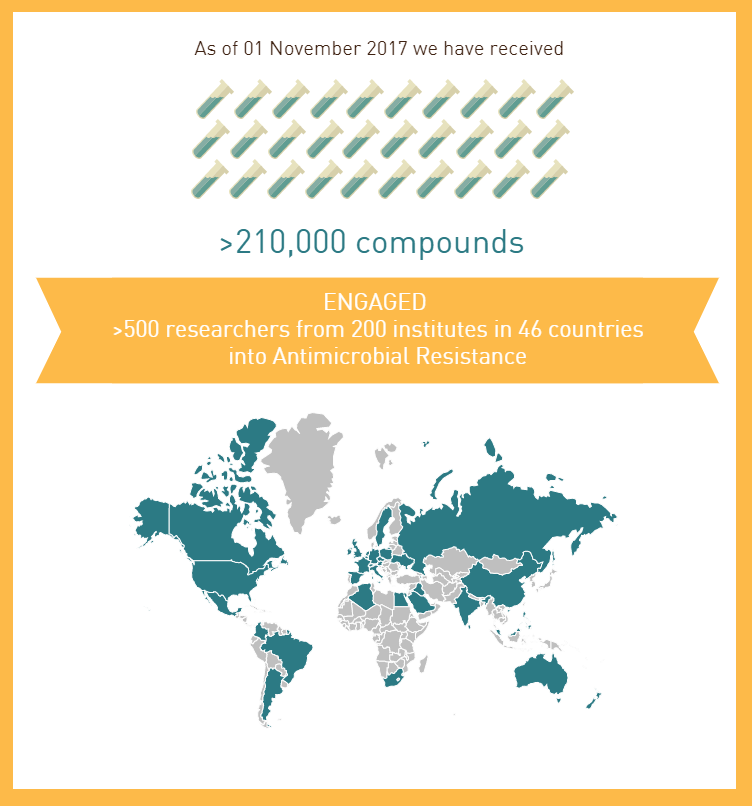
2018 will see the launch of an online database containing all of our screening results, including both positive and negative hits. The database will be an invaluable resource for the global antibiotic research community, helping researchers understand how antibiotics work and what type of compounds should be entering the antibiotic pipeline.
Our team’s pioneering ‘open-access’ approach to antimicrobial drug discovery has been recognised by the Wellcome Trust, who have provided over $5 million in funding, and on the global stage at the 2016 UK Antibiotic Guardian Awards.
CO-ADD has been remarkably successful in its first three years of operation. Our data has had an impact on the global scientific community - 52% of users are publishing a scientific paper; 2 patents have been filed, with 20% of users developing a patent; and 14 international grant applications have been submitted using CO-ADD screening data.
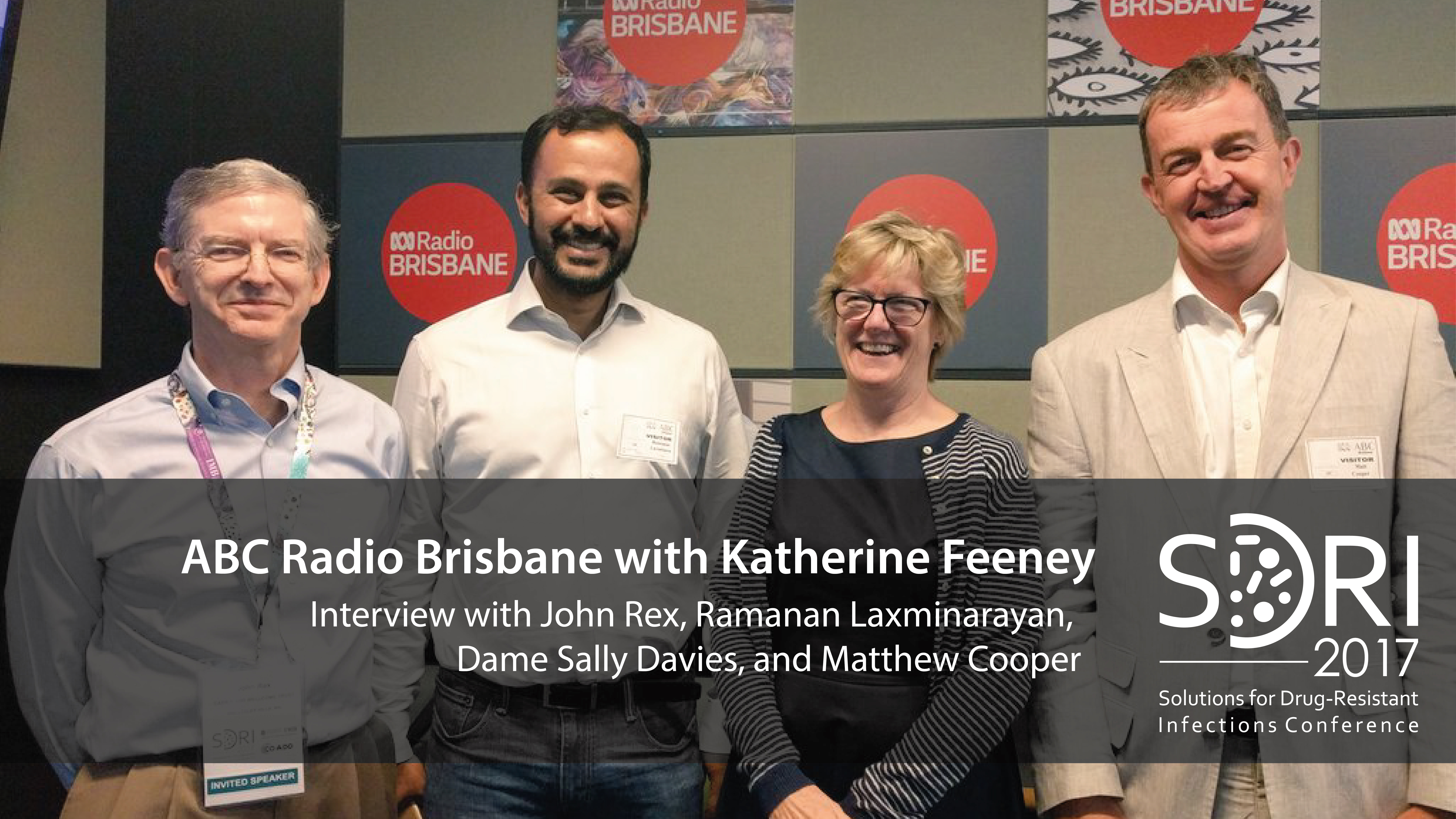
Over the last three years, CO-ADD has actively participated in the public and political dialogue on AMR. The team were scientific advisors for the Australian National Action plan on AMR, and have been involved in over 250 media activities nationally and internationally, including radio, TV and articles featured in The Guardian, Nature and IFL Science. In partnership with AMR global leaders, including England’s Chief Medical Officer Professor Dame Sally Davies, we continually drive the topic of AMR on the research, funding and political agenda.
In April 2017, we hosted global leaders in the field of AMR at the largest infectious disease conference ever held in Australia. The Solutions for Drug-Resistant Infections (SDRI 2017) conference hosted over 250 participants from 20 countries, involved national and international policymakers, and was supported by 20 companies.
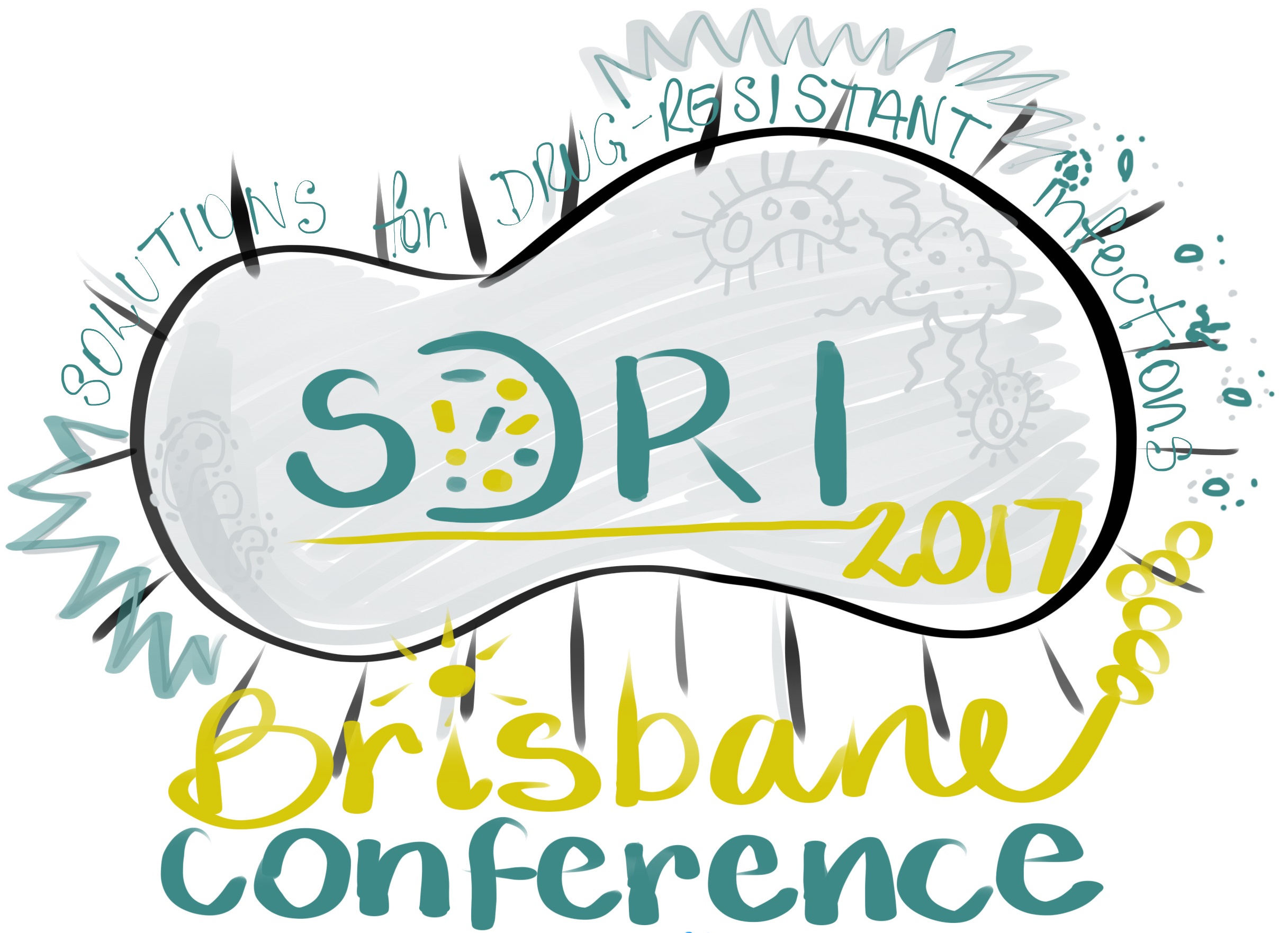
SDRI 2017 led a concerted discussion in setting priorities and guiding research efforts towards global solutions for drug resistance research. The priorities were:
1. Novel antimicrobial drug discovery
2. Education, outreach and awareness of drug-resistant infections
3. New funding models
We are now in the planning stage for SDRI 2019!
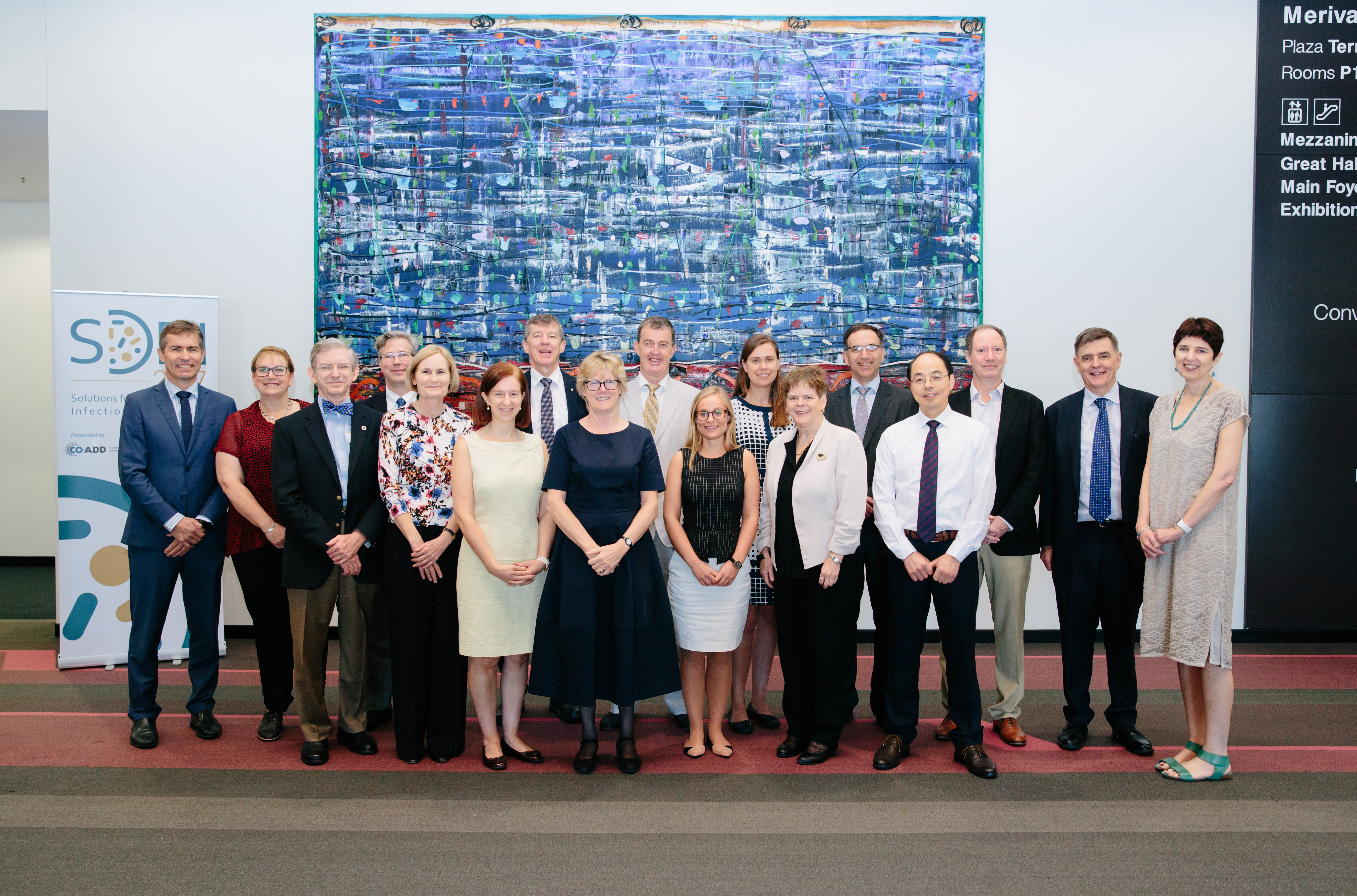
Key national and international experts meet in Brisbane for SDRI 2017 conference
World Antibiotic Awareness Week (WAAW) runs from 13-19 November, 2017. CO-ADD has been a key player in Australian WAAW activities for the past three years. We have run public and scientific events on AMR and engaged over 1000 individuals. Our AMR advocate campaign featuring stories from bacterial sepsis survivors, including a former Bond Girl and a wheelchair rugby Paralympian, has been recognised by the World Health Organisation for demonstrating the urgent need to combat AMR.
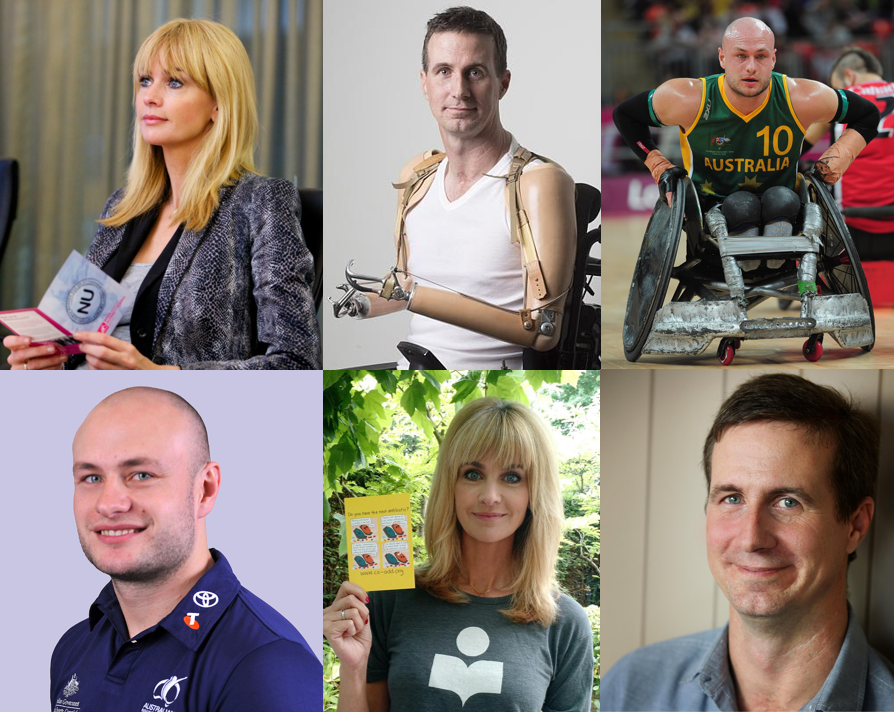 CO-ADD ambassadord and bacterial infection survivors: former Bond Girl, Daphne Deckers; Wheelchair Rugby Paralympian, Chris Bond OAM; Husband and Father of four, Matthew Ames
CO-ADD ambassadord and bacterial infection survivors: former Bond Girl, Daphne Deckers; Wheelchair Rugby Paralympian, Chris Bond OAM; Husband and Father of four, Matthew Ames
The dedicated team continue to support academics joining the antimicrobial drug discovery field. Interesting molecules from Russia and the USA, identified through the CO-ADD initiative, are being developed to enter into the next stage of the antimicrobial discovery pipeline.
Join our quest to find the next antibiotic! Follow the team @COADD_news
Ruth Neale
CO-ADD Program Coordinator – Marketing and Outreach
